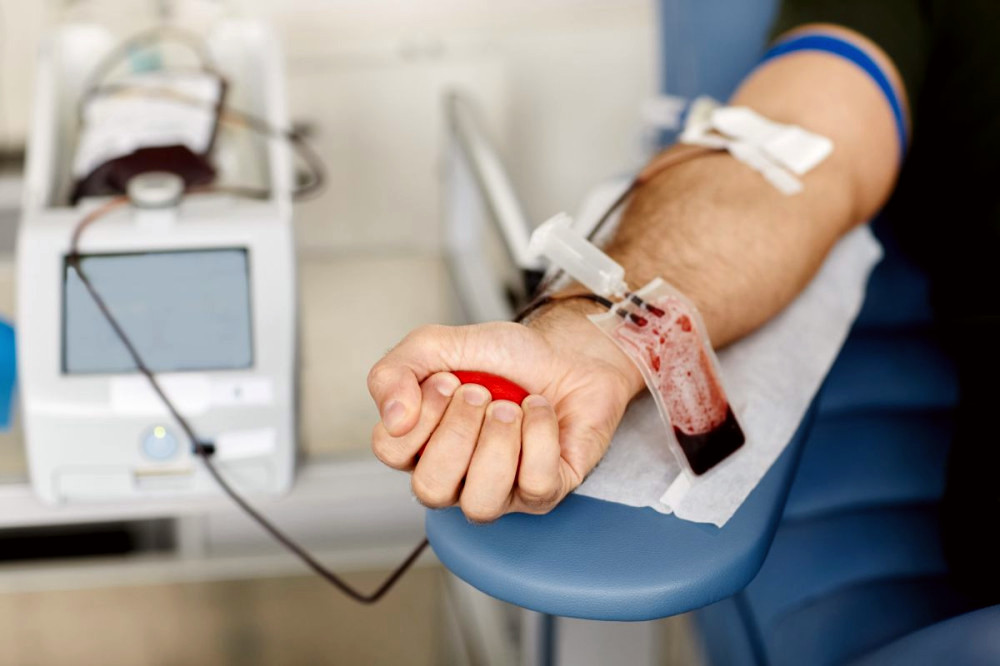The Minister of Health of Ukraine, Viktor Lyashko, held a significant meeting regarding the implementation of the electronic blood donation tracking system known as ‘eBlood’.
Representatives from the Ministry of Health, the National Health Service of Ukraine, the Ukrainian Transplant Coordination Center, and the ‘Electronic Health’ agency participated in the discussion. They focused on the stages of implementation, key functionalities, and future plans.
“The development of digital technologies in blood donation is crucial for modernizing the healthcare system. With ‘eBlood’, we will be able to manage blood supplies more efficiently, reducing the risks associated with shortages and enhancing patient safety. The system will make the donation process clearer and simpler for everyone, providing accurate information about available blood, its groups, and Rh factors. This is critical for timely life-saving interventions. We are creating a unified digital platform for blood donation that covers all stages—from registration to quality control. This means every blood donation will be accounted for and utilized where it is needed most, allowing the government to effectively plan policies in this area. Such tools make Ukrainian healthcare modern and responsive to the needs of the population,”
the minister stated.
Among the system's main features is the preservation of complete information about the donation process, from the date and location of blood donation to medical examination results and reasons for any failed donations.
The system will also hold data about blood stocks in various healthcare facilities, including blood types and Rh factors. All this information will be centralized and available in digital format, allowing medical institutions to manage blood stocks effectively according to actual needs and established logistical routes.
Currently, the system already includes modules for administrative management, logistics, and registration, which facilitate the tracking of donations, blood component movement, and user registration. Over 650 medical establishments are already connected to the platform.
Future integration of the eBlood system with the electronic healthcare system will create a unified digital space for blood donation. This integration will allow for the entry of donor medical examination results into the system and the recording of adverse reactions.
In addition, as part of the system’s implementation, a registry of donor visits and a registry of licenses for the collection and testing of donor blood will be established, starting June 1, 2025.
Currently, the functionality is being gradually expanded, with plans to launch sample tracking and implement quality control, laboratory testing, inventory management, and donor incentive programs soon.
